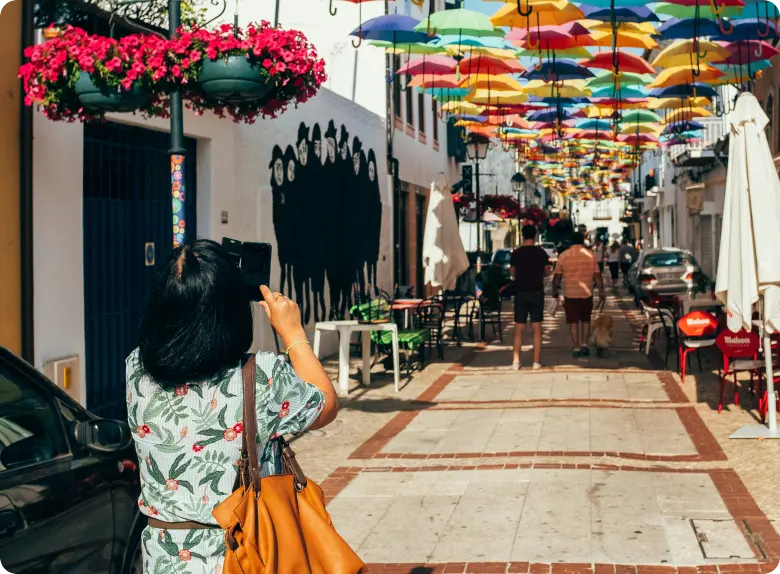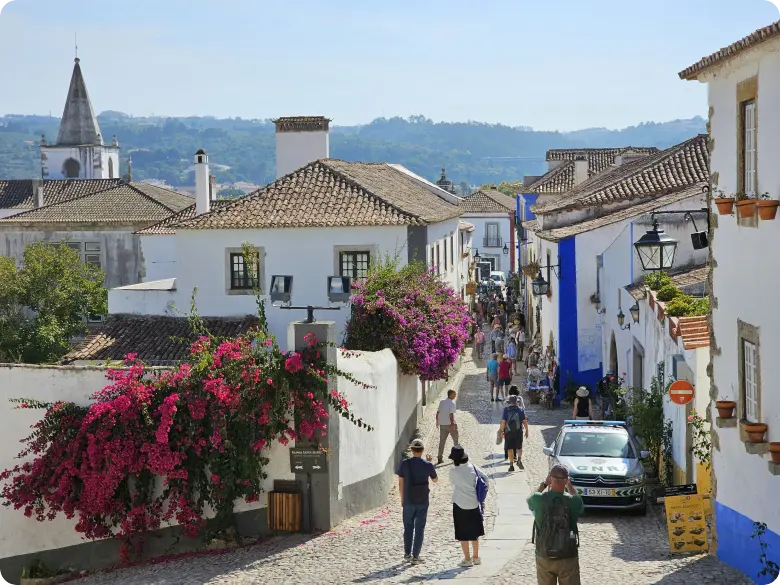Why do I need a NIF (Número de Identificação Fiscal)?
This is one of the most fundamental questions. The NIF is your Portuguese tax identification number, and it's essential for almost every transaction in Portugal.
- Financial and Legal Requirement: You need a NIF to open a bank account, sign a rental agreement, buy property, set up utilities, buy a car, and, of course, pay taxes. It's the primary way the Portuguese government tracks your financial activities.
- Formalizing Your Presence: Obtaining a NIF is one of the first steps to formalizing your presence in Portugal, even before you have your residency permit. It signals your intent to become a resident and engage with the Portuguese system.































